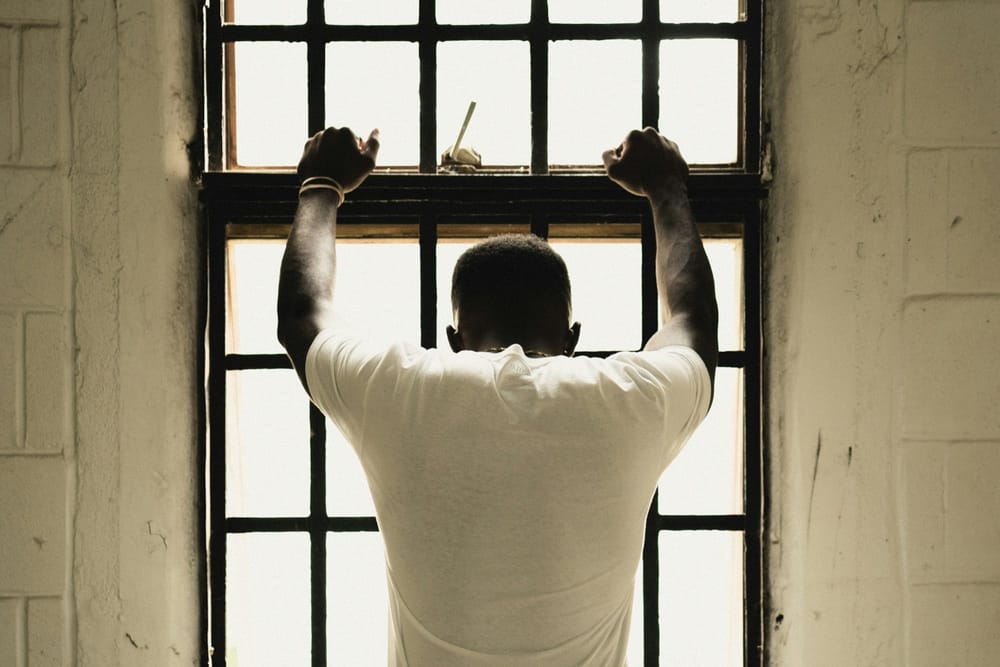W.E.B. Du Bois opined in his canonical text, Souls of Black Folk (1903), that the root cause of crime in the Black community was social inequality, derived from the lack of economic opportunity for the newly emancipated African American. Furthermore, Du Bois, who was keenly aware of the virulent anti-Black nature of the criminal justice system, argued that the justice system was discriminatory at every level (local, state, and federal), thus engendering a healthy skepticism from the Black community when a Black person is tried and convicted in court. This sentiment regarding the lack of confidence, distrust, and unwillingness to believe in the merits of justice for all is understandable given the history of carceral weaponization in America as a tool of social control, repression, and anti-Blackness (think Scottsboro Boys, the Central Park 5, and the myriad of Black political prisoners, i.e., Marcus Garvey, Geronimo Pratt, The Angola Three, and Mumia Abu-Jamal, to name a few. However, the Black community’s healthy skepticism of the criminal justice system, particularly the belief that the majority of Black defendants are innocent of the crimes they are accused of (Amnesty International is the leading authority on wrongly incarcerated persons; estimates that 4% of inmates are wrongly incarcerated), arguably does more harm than good. For example, the Black community often views Black miscreants as anti-establishment reprobates who audaciously confront an unjust society that ostracizes, degrades, and dehumanizes Black people (think the Black Panther Party’s romanticizing of the Black criminal as a member of the lumpenproletariat).
As a consequence, some in the Black community, I argue, as a result of media propaganda and poor socialization (Blaxploitation films, Gangsta Rap, and Black households serving as criminal incubators), view the Black criminal as a Robin Hood figure who steals from the rich to give to the poor. The problem with this sentiment is the fact that the Black criminal does not steal from those who are responsible for the Black community’s social, political, and economic quagmire. The Black ruffian steals from his own people, often using one’s lucre to become a profligating practitioner of conspicuous consumption, in which the Black nihilist willingly enriches the oligarchs who created the social, political, and economic barriers that inhibit Black progress. Are these malefactors the vanguard of the Black Revolution? Is the vacuum in Black leadership so prodigious that all hope is lost that we must rely on the machinations of those who engage in ignominious behavior on a diurnal basis, to imagine freedom?
If so, what are we to make of Larry Hoover, 74, a convicted murderer and founder of the Chicago Gangsta Disciples? Hoover, whose federal life sentence was recently fully commuted by President Trump (he is still serving time for a sentence of 150 to 200 years for a conviction in Illinois state court for the 1973 murder of 19-year-old William Young), has had a myriad of supporters, including the entertainer Ye, who was formerly known as Kanye West, who lobbied Mr. Trump during his first term in office.
Furthermore, why has Trump chosen to commute the sentence of a violent Chicago crime lord, particularly when Trump has consistently expressed an anathema for violent crime? Moreover, why are criminals given commutations (Kwame Kilpatrick) rather than political prisoners such as Mumia Abu-Jamal and Assata Shakur? Is Trump’s commuting of a Black fratricide a prescient of a future commutation of Derrick Chauvin?
This post originally appeared on Medium and is edited and republished with author's permission. Read more of Dr. Bakari K. Lumumba's work on Medium.
